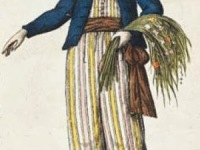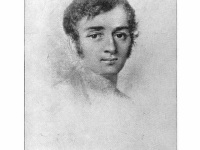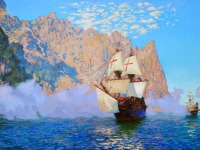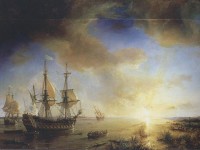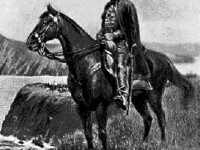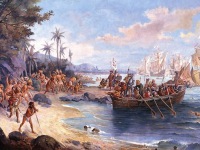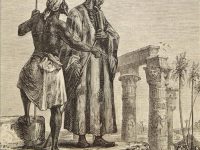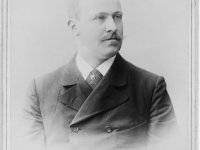William Dampier – The Buccanneer who became Explorer of Australia
On September 5, 1651, British explorer and natural historian William Dampier was probably born. He was the first Englishman to explore parts of what is today Australia, and the first person to circumnavigate the world three times. He has also been described as Australia‘s first natural historian. “Typhoons are a sort of violent whirlwinds. Before these whirlwinds come on… there appears a heavy cloud to the northeast which is very black near the…
Read more


